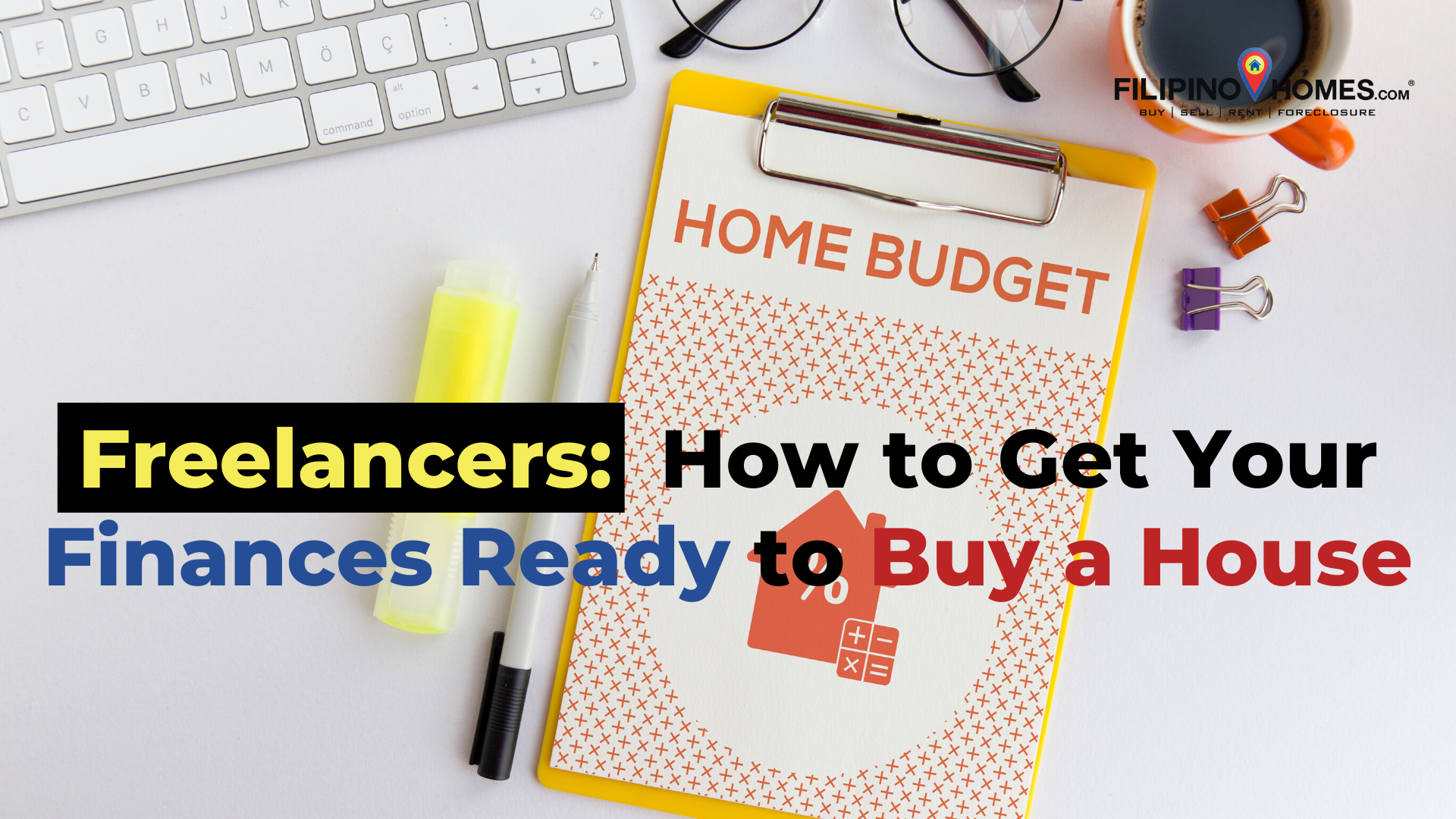When buying a property, you wouldn’t want to cancel your purchase because you’re unable to keep up with the amortizations. The disadvantage of not being able to continue with your monthly payments is that you will never receive a full refund on all of your payments. You may be entitled to refunds, but these may range from 50% up to 90% of the total payments you have made, depending on your situation. To make matters worse, you’ll have to wait for a period of maybe a few months to a year, and in some cases even longer, to receive your refund. As you can see, it’s a tedious and stressful process. Imagine losing that much money!
READ: Maceda Law | What You Need To Know
Especially as freelancers with irregular cash inflows, careful planning and decision-making are important so that you avoid experiencing the inconvenience and losses of canceling your property purchase.

Before you decide…
Before you decide to buy a house, know whether or not you are financially ready to purchase your ideal home. But how can you determine if you’re ready or not? You should look beyond your bank account and the property’s listing price. Here are some things to think about before meeting with real estate agents and fantasizing about your new homeowner lifestyle.
1. Build your financial foundation.
Before buying a house, whether it’s for you to live in or as an investment, make sure you have enough savings to meet any financial emergencies or future bills. If you want to be financially secure, you should have a savings or emergency fund before placing a downpayment on a property. Ideally, an emergency fund should be enough to cover your expenses for 3-6 months. As freelancers, it is wise to have at least 6 months’ expenses in cash or near-cash assets.
2. Keep your consumer debt under control.
Before buying a home, consider your debt-to-income ratio, which is the percentage of your gross monthly income that goes toward debt payments. Ideally, your monthly debt payments should not exceed 40% of your gross monthly income.
Homeownership is still a debt in a different form. Unless you pay cash, buying a property in the Philippines is almost always tied to either bank or PAG-IBIG financing. If you’re currently paying off a large credit card debt or an auto loan, taking on a new financial duty may be challenging.
3. Have a stable job or source of income
If you buy a house or a condo, you will have to pay monthly amortizations. You’ll also need a steady source of income to pay the monthly amortizations.
One of the things that banks and lenders look for is financial stability. This is why they want proof of work and income before obtaining a mortgage. As a freelancer, you would need to show proof that you have a stable source of income. Be prepared to show proof of source of income such as Certificate of Employment or Certificate of Engagement from your clients. If you use Upwork, you may get a Certificate of Earnings.
If you want to purchase a property in the Philippines, you need to have worked for at least a year or run a business for at least two years.
4. Know how much you can spend on a new home in your budget.
Before looking at properties you would want to purchase, look at your budget to see how much you can afford. Many lenders suggest that your home costs should be no more than 28% of your total monthly income. So, if your monthly gross income is P50,000, your monthly mortgage payments for your new home should not exceed P14,000.
Consider if you have any additional expensive expenses, such as your children’s college tuition or a car loan. Use the figure you came up with as a starting point for determining how much house you can realistically afford. Make sure that you can still live comfortably, even with the mortgage.
5. Save up extra money for the downpayment or renovation.
If you’re purchasing a condo, set aside at least 5% of the purchase price as a downpayment. For example, a studio apartment costs roughly PHP 1.5 million, so plan on putting down around PHP 75,000 as a downpayment, which can be made all at once or over several months.
Homes for sale that are eligible for PAG-IBIG financing, on the other hand, do not require a downpayment. There may, however, be some processing costs. Also, keep in mind that some of the housing units for sale may have been abandoned for a long time or may not have been repaired or remodeled. To make it livable or ready for occupation, you may require at least PHP 100,000.
Also, take note that the cost of owning a house does not end with the mortgage payment. Moving fees, furniture, parking spots, association dues if you live in a condo or planned community, house repairs, and other expenses must be included in your budget. Keep in mind that you’re in this for the long haul, so your finances should reflect that.





